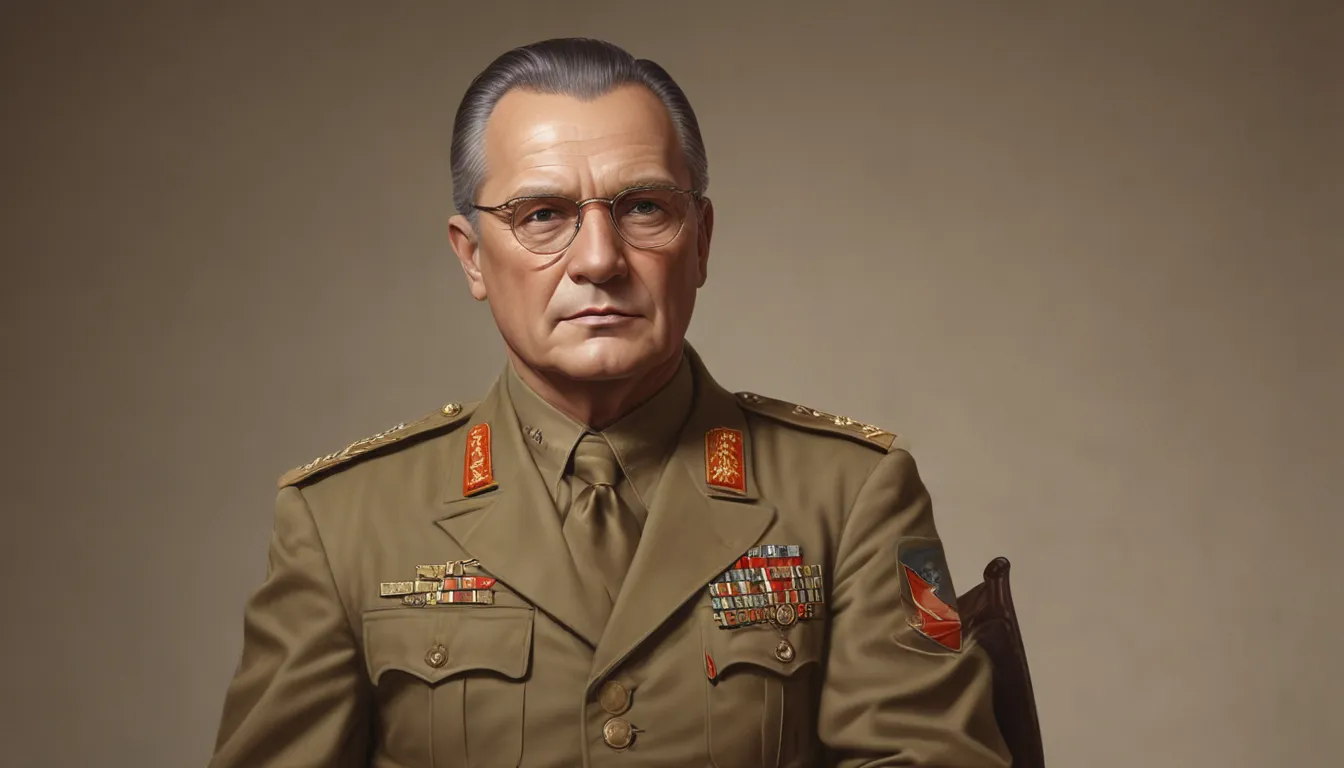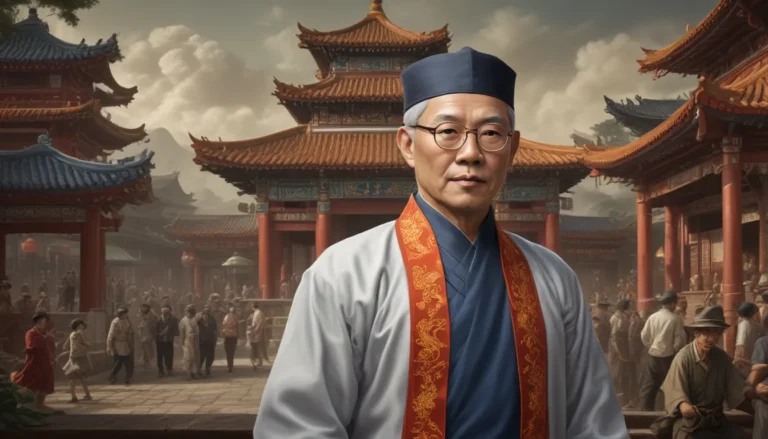The images in our articles may not match the content exactly. They are used to grab your attention, not to show the exact details in the text. The images complement the text but do not replace it.
Josip Broz Tito, born on May 7, 1892, in a small village in Croatia, rose to become the charismatic leader of Yugoslavia, leaving an indelible mark on the world stage. His leadership spanned over three decades, from the end of World War II until his death in 1980. Tito’s life and accomplishments are nothing short of astounding, with many fascinating facets that often go unnoticed.
The Leadership of Josip Broz Tito
Josip Broz Tito, a charismatic and influential figure, served as the prime minister and later the president of Yugoslavia from 1945 until his death. His leadership spanned a remarkable period in the country’s history, marked by innovation, unity, and international recognition. Tito played a crucial role in the founding of the Non-Aligned Movement, a coalition of nations that refused to align with any major power bloc during the Cold War.
Tito’s Accomplishments and Influence
Tito led Yugoslavia through a successful resistance against Nazi occupation during World War II, with his partisan forces effectively resisting the Nazi occupation of the country. He implemented a unique form of socialism called “Titoism,” which emphasized decentralization, self-management, and non-alignment. Under his leadership, Yugoslavia experienced impressive economic growth, focusing on industrialization, self-management, and foreign trade.
Tito was known for actively supporting anti-colonial movements in Africa and Asia, advocating for the principles of self-determination and anti-imperialism. He received numerous state honors and international awards for his contributions to international relations and leadership in Yugoslavia. Tito’s love for nature led to the building of the Brioni Islands as his presidential retreat, a place for international meetings and relaxation.
Tito’s Legacy and Impact
Tito was a unifying force in Yugoslavia, promoting national unity among diverse ethnic groups and fostering a sense of Yugoslav identity. He had a complex relationship with the Soviet Union, often at odds with their ideologies but maintaining diplomatic relations. Tito was the longest-serving leader in the history of Yugoslavia, known for his strong belief in women’s rights and equality.
After Tito’s death in 1980, Yugoslavia faced significant challenges that led to its disintegration in the early 1990s. His legacy as a visionary leader and revolutionary figure continues to live on, symbolizing unity and resilience amidst conflicting ideologies. Tito’s unwavering commitment to independence, social equality, and self-management left an everlasting impact on the world stage.
FAQs
Q: Who was Josip Broz Tito?
A: Josip Broz Tito was a political leader who served as the Prime Minister and President of Yugoslavia from 1943 until his death in 1980. He led the Partisans during World War II and helped establish a socialist federation in Yugoslavia after the war.
Q: What were some of Tito’s accomplishments?
A: Tito’s accomplishments include leading the resistance against Nazi occupation, establishing a market-based socialist system in Yugoslavia, and maintaining neutrality during the Cold War as a founding member of the Non-Aligned Movement.
Q: How did Tito maintain Yugoslavia’s unity?
A: Tito maintained Yugoslavia’s unity through a policy known as “Brotherhood and Unity,” which emphasized ethnic and religious tolerance, decentralization of power, and self-management of enterprises.
Q: What was the Non-Aligned Movement?
A: The Non-Aligned Movement was an organization of countries that chose not to align with any superpower during the Cold War. Tito, along with leaders from India, Egypt, and other nations, established the movement to promote independence, sovereignty, and peaceful coexistence.
Q: What is Tito’s legacy?
A: Tito’s legacy is one of unity, social equality, and independence. He is remembered for successfully managing a diverse and multiethnic nation, promoting self-management and worker cooperatives, and maintaining Yugoslavia’s independence in a divided world.
Josip Broz Tito’s impact on the world stage continues to resonate today, showcasing the power of visionary leadership and the pursuit of social equality. As we delve into the complexities of his life and legacy, we gain a deeper understanding of a man whose influence transcended borders and ideologies. Tito’s story serves as a reminder of the enduring legacy of those who dare to dream of a better world.






